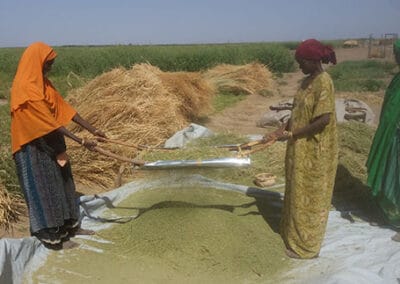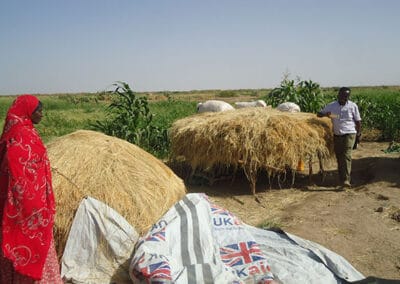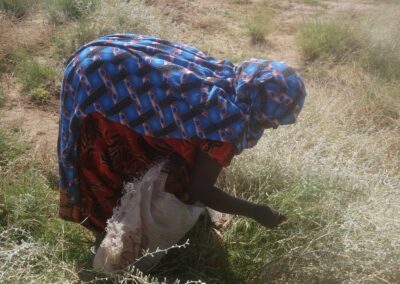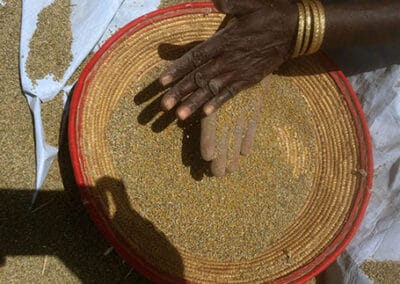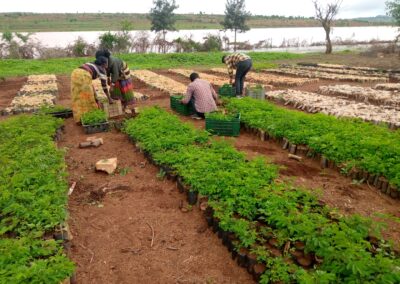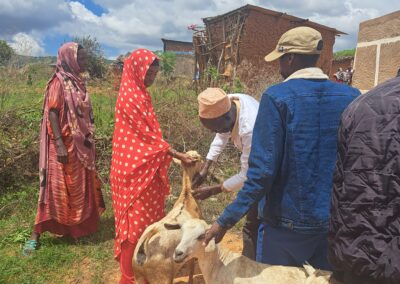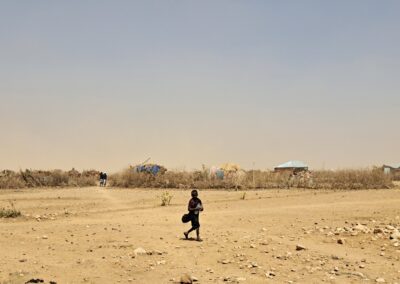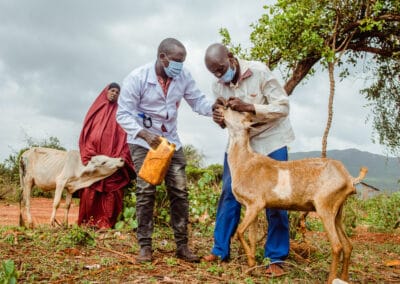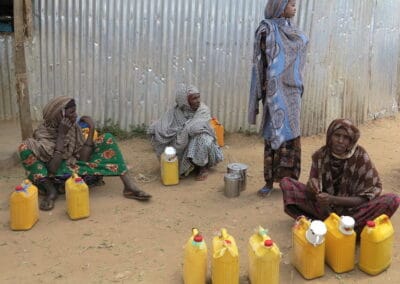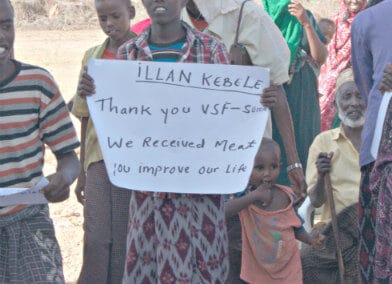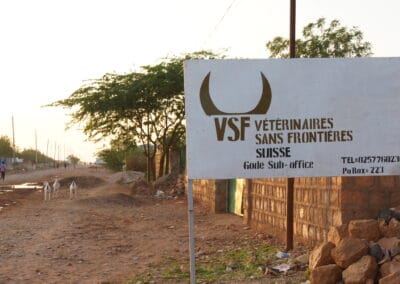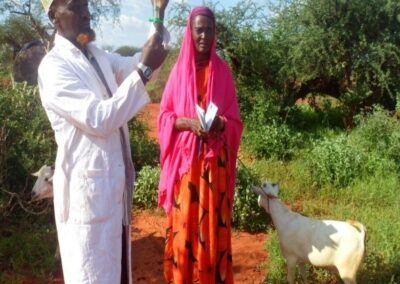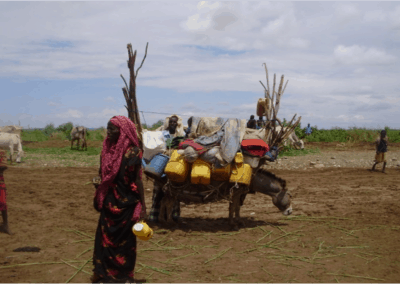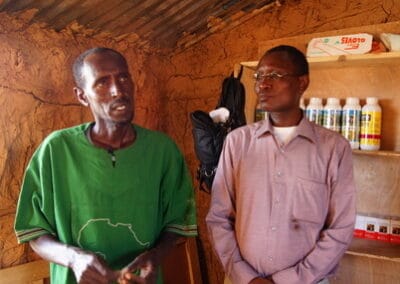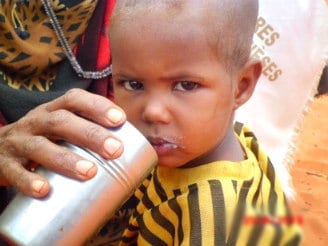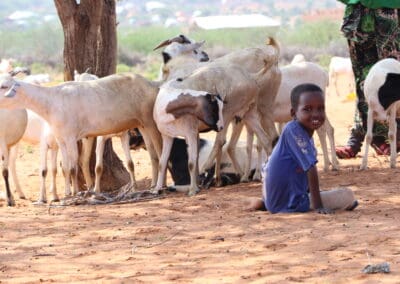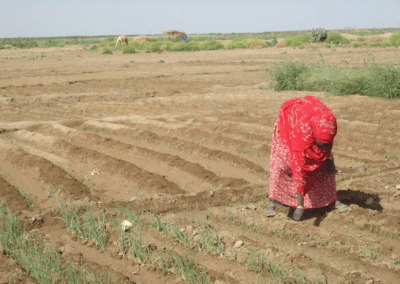Rebuilding livestock-based livelihoods and promoting resiliency of pastoralists in Siti Zone of Somali Region
Project Overview
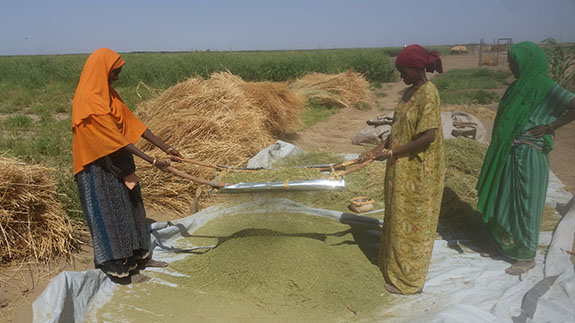
Country
Ethiopia
Project name
Project status
Finished
Duration of the project
| Start: | 01.10.2017 |
| End: | 30.09.2019 |
| 11 months |
Budget
In collaboration with
GIZ
Project area
Topics
Tags
Background
The Siti zone in the Somali region of Ethiopia is an area which is recurrently affected by drought induced emergency situations. . For pastoralists (as well as their families and the whole community), whose livelihoods are based on livestock breeding and the production of animal products, these repeated droughts. have devastating consequences: fewer pastures and less water make the animals weaker and more susceptible to disease.. The herd can’t recover and gets smaller every year. In the meantime, many pastoralists have lost their livestock-based livelihoods and hence are pastoralist drop-outs because of the drought.
Project:
Since 2015, when the Siti Zone was severely affected by one of the most severe El Niño induced droughts,VSF-Suisse has been working to recover the region’s livelihoods and buildits resilience.
We have shown pastoralists and pastoralist drop-outs in five districts of the region how they can produce their own fodder as an alternative or in addition to livestock farming. Through the targeted use of groundwater,hey can irrigate their arable land despite periods of drought.
Since 2017, we have been supporting a further 120 vulnerable households in the Hadhigala district in the cultivation of vegetables, fruit and feed. The families receive trainings in cultivation and harvesting techniques and storage of fodder/ hay and our team provides them with drought-resistant fodder seeds. The households are encouraged to bulk seeds in order to address the challenge of seed scarcity. This integrates the male and female farmers into a value chain and enables them to generate income from seed sales.
The The resilience of the pastoralist communities can thus in many ways: they have access to fodder, vegetables and fruit throughout the year; thanks to the the better availability of fodder, . goats, sheep, cows and camels are more fertile and give more mil; by bulking and selling the seeds, the target communities receive an additional income and can secure their livelihoods.

